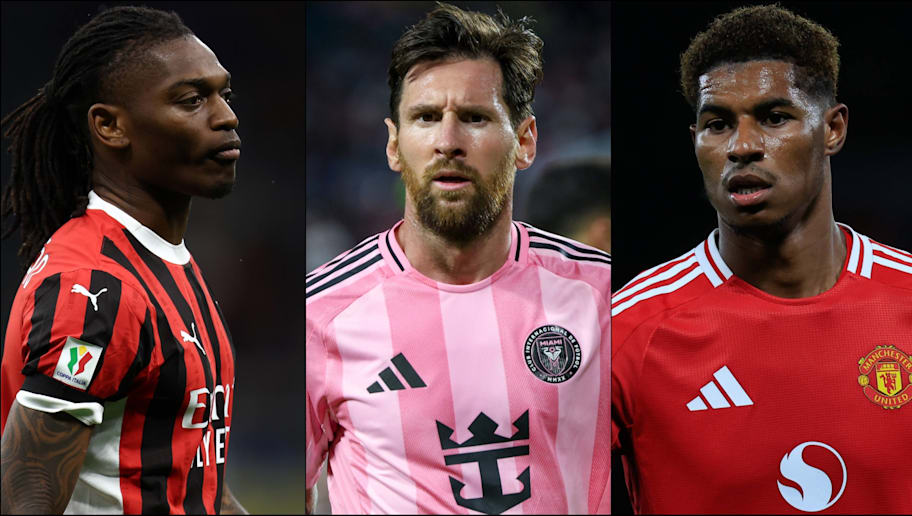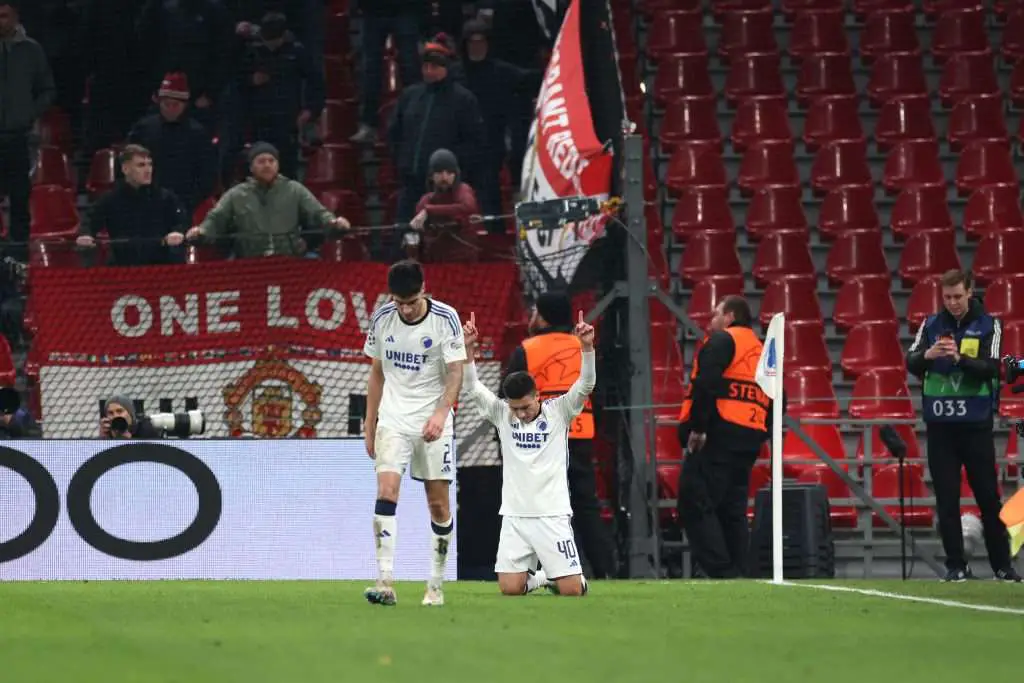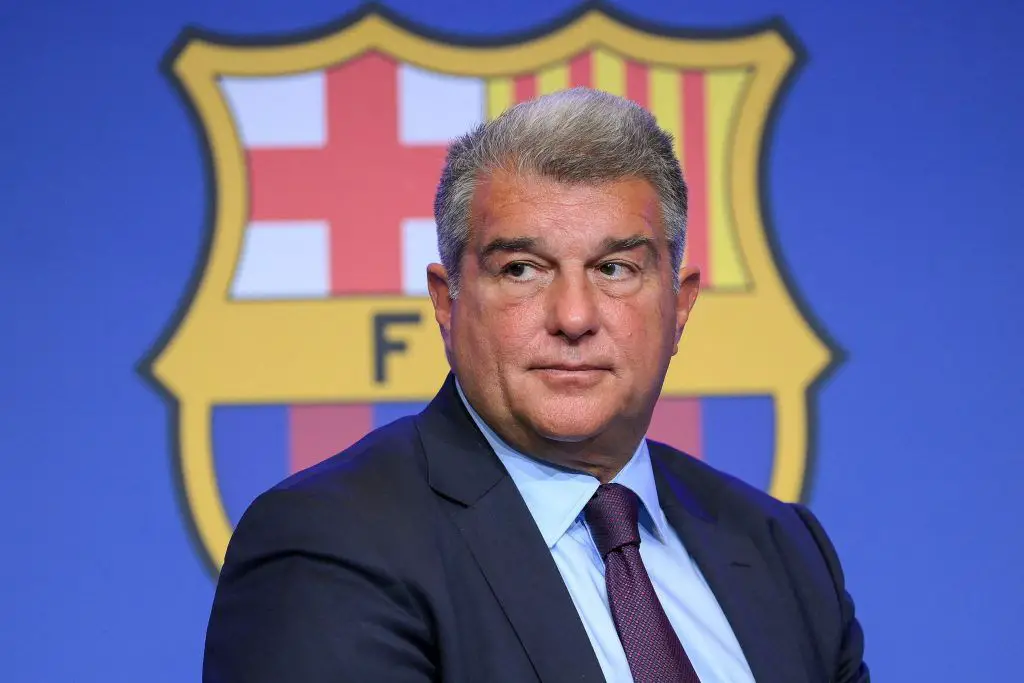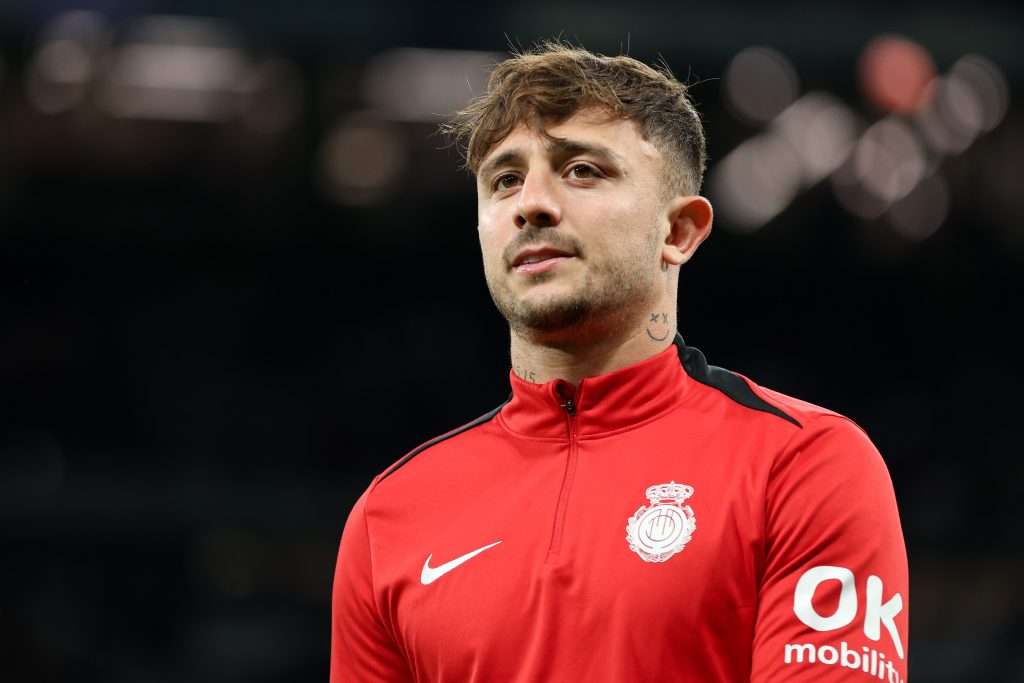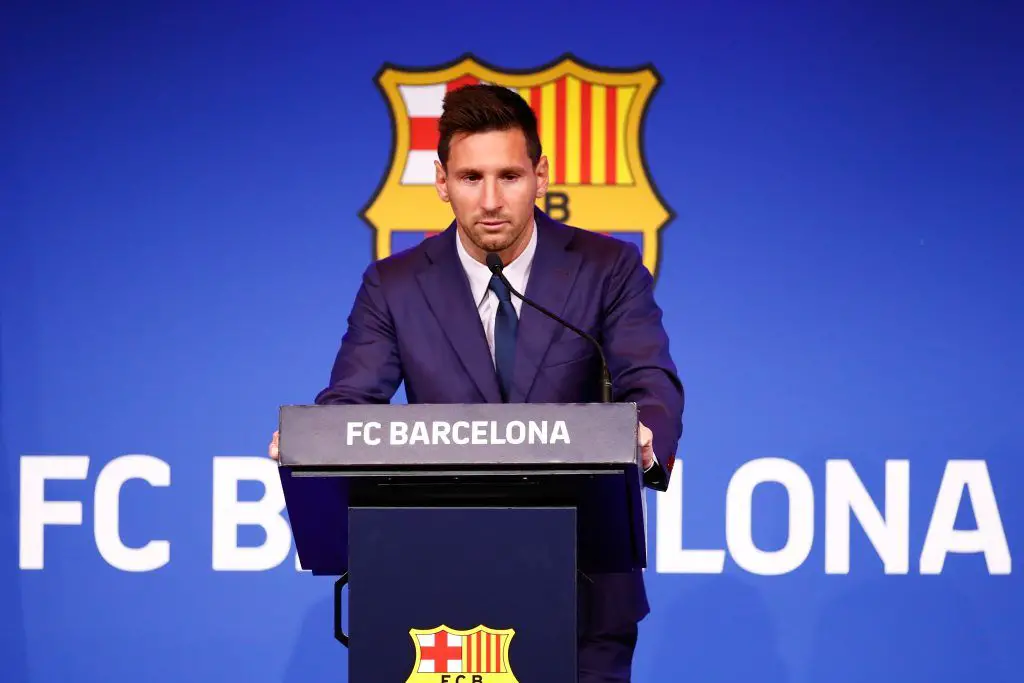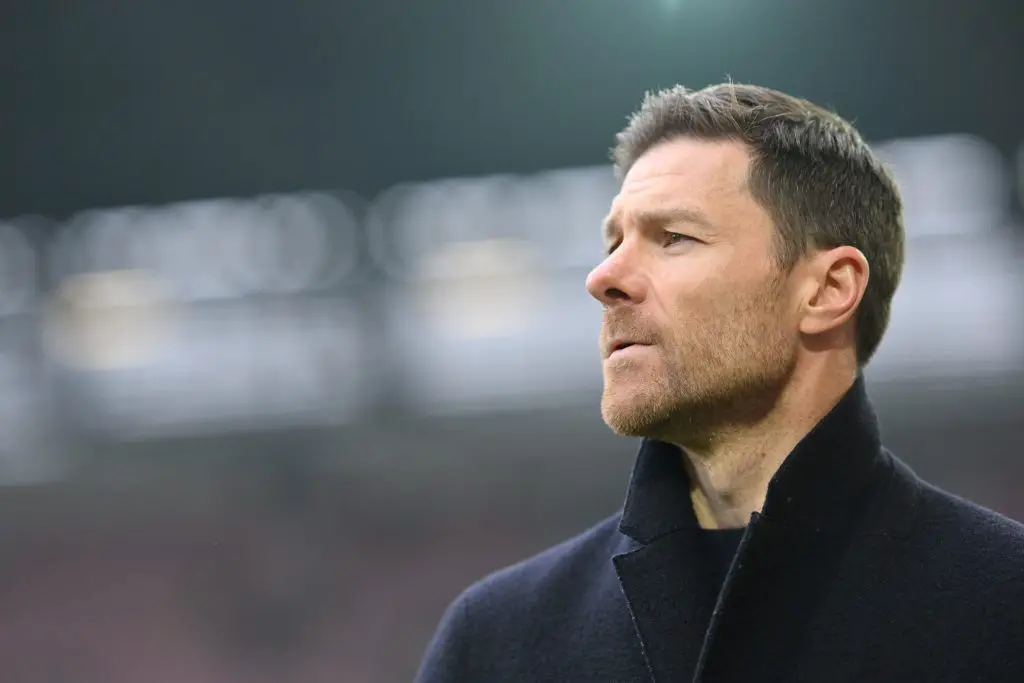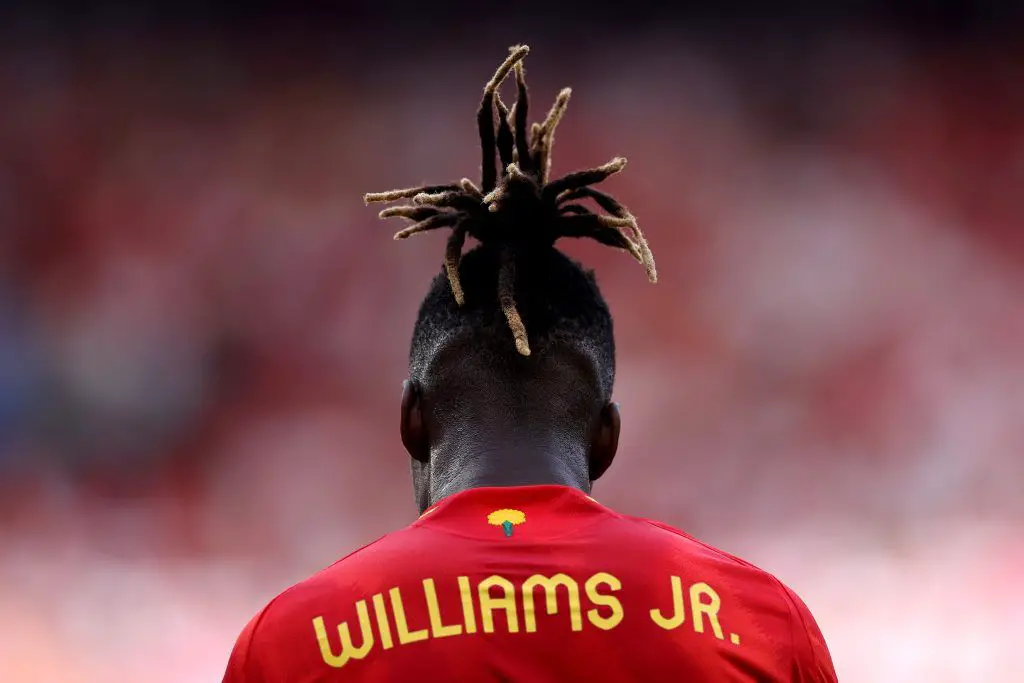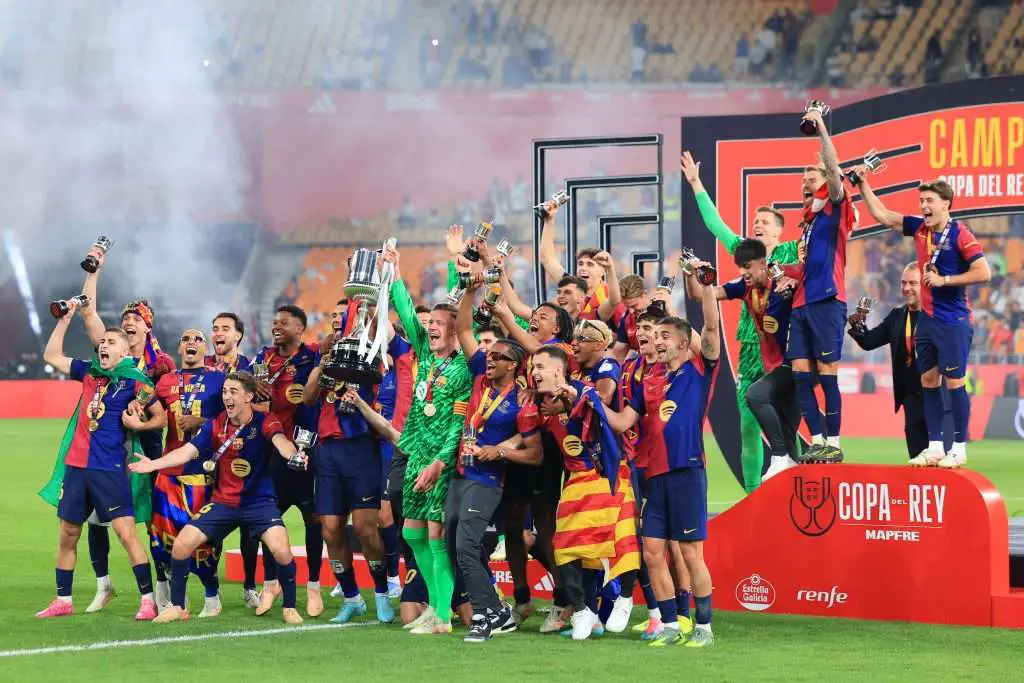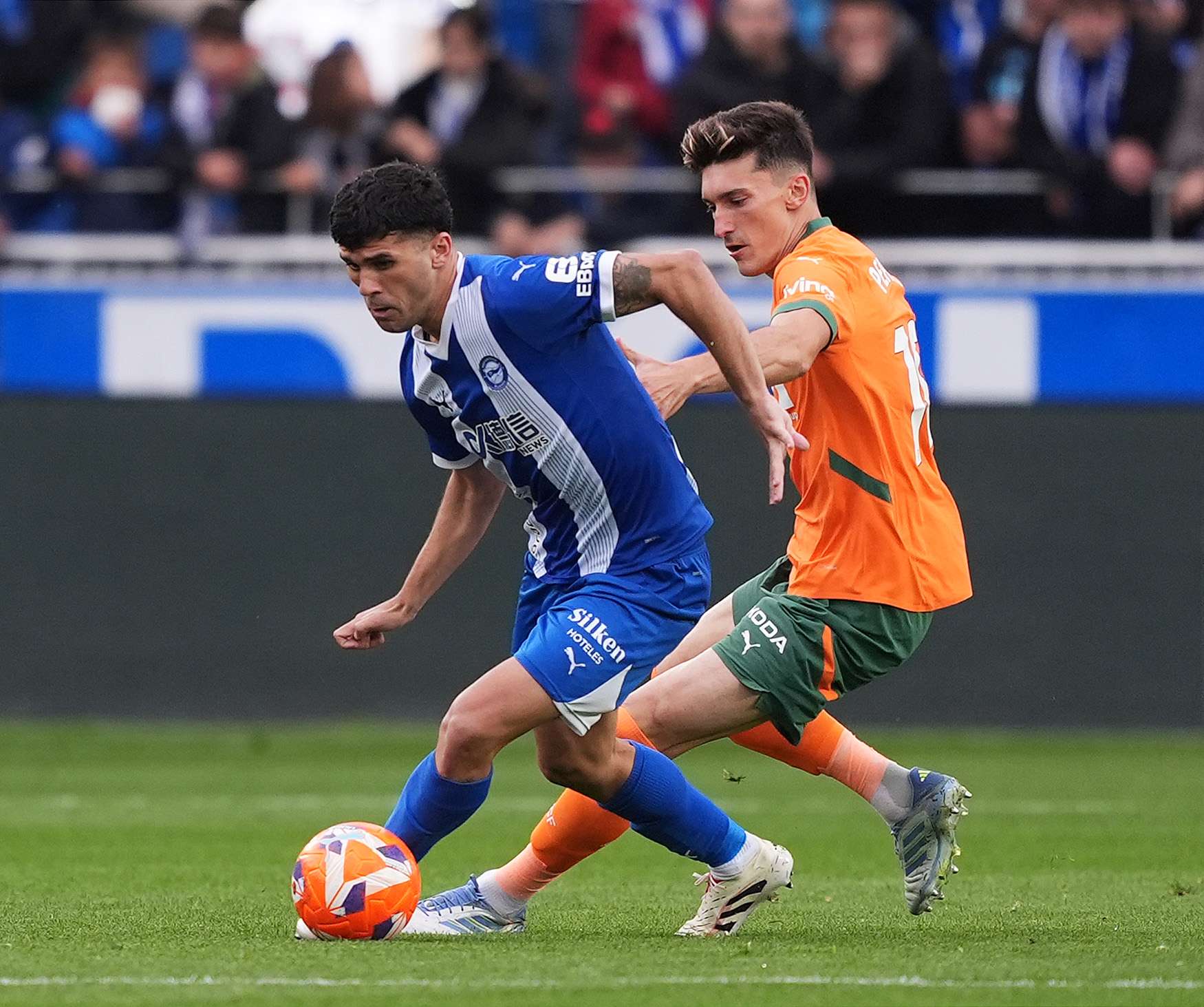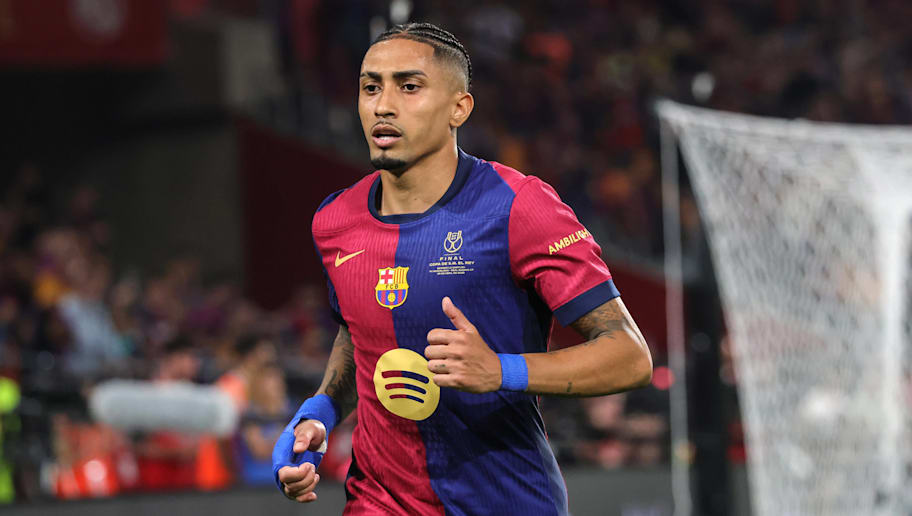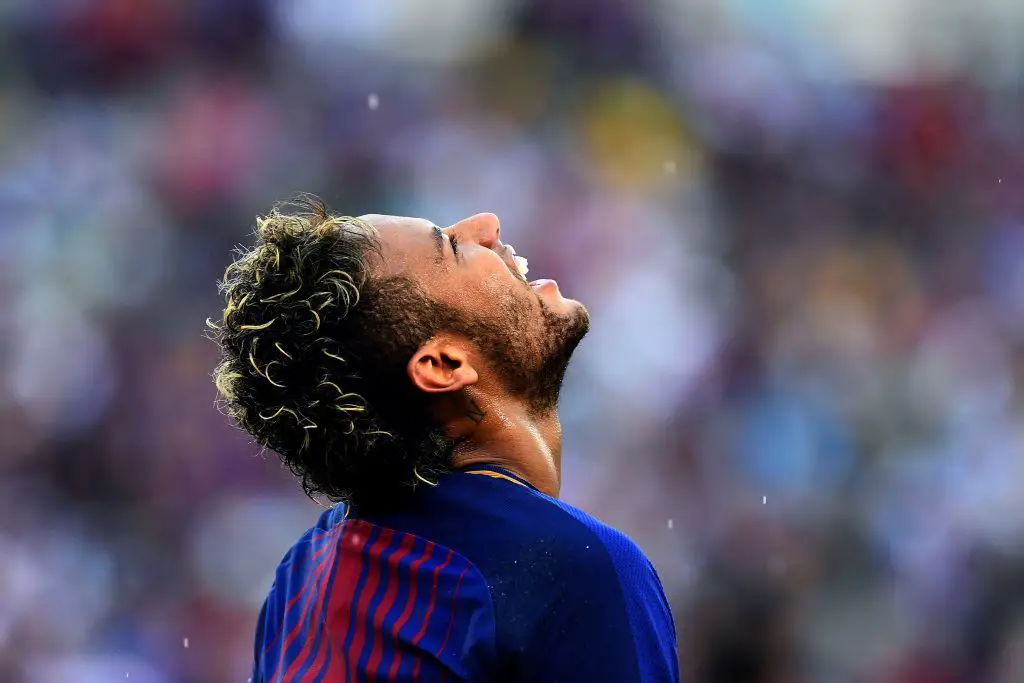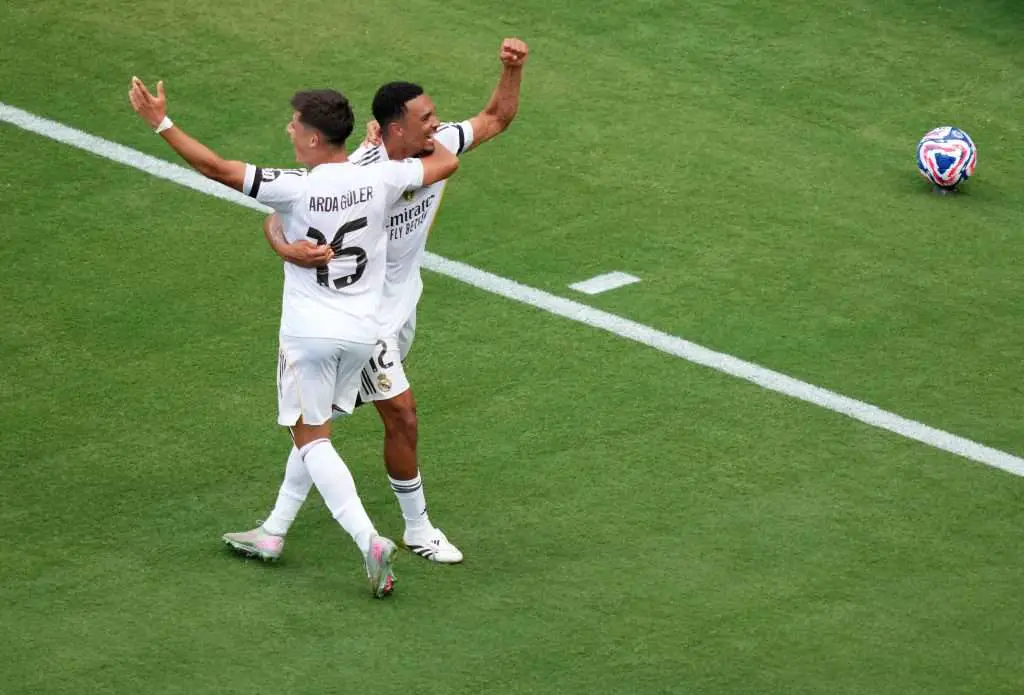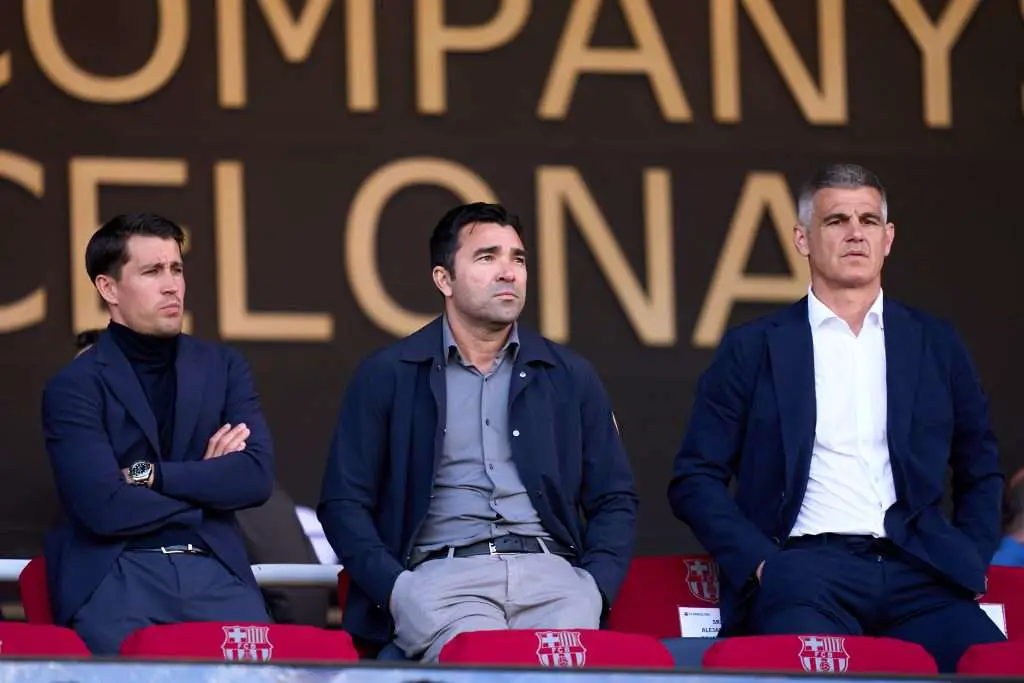LaLiga 2020-21: Sevilla and Villarreal out to upset LaLiga's established order
In all likelihood LaLiga will once again be dominated by the 'big three' in 2020-21, but Sevilla and Villarreal have cause for optimism.
It is 16 years since Real Madrid, Barcelona and Atletico Madrid were all beaten to the Spanish title. Valencia were the victors then.
The season before saw Real Sociedad push Madrid all the way in the title race; Sevilla entered the final day of the 2006-07 campaign with a chance of an unlikely success, while Villarreal finished second the following year.
In more ways than one, it feels like a bygone era. As the money in football grew exponentially, so did the margin for error for the biggest clubs.
Atletico managed to buck the trend, re-establishing themselves as a top club through smart recruitment, plenty of money and finding a coach in Diego Simeone who was not only able to get the best out of players, but improve them.
Although they haven't quite kicked on in the manner many might have expected, stagnating perhaps, Atletico have finished in the top three every season since 2011-12.
But ahead of 2020-21's kick-off on Saturday, there is a feeling there might finally be the possibility for other clubs to join the party again.
With Madrid, champions though they are, by no means spectacular and seemingly reluctant to spend, Barcelona tearing themselves apart from the inside and Atletico in stasis, now seems to be as good a time as any for a challenge to come from elsewhere.
Sevilla and Villarreal will hope it's their time.
"Why can't we dream?"
In the past 14 years, if any club has mastered knockout football, it's Sevilla. Six UEFA Cup/Europa League trophies now fill the museum at their atmospheric Ramon Sanchez Pizjuan home – no other team have won as many titles in UEFA competitions in that time.
So far they have failed to elevate themselves to the next level, though, with only one genuine title challenge in the same period – it's difficult to even consider them Champions League regulars either.
But their most recent Europa League success felt a bit different. Their route to the final was tricky, beating Roma, Wolves and Manchester United, before winning 3-2 against a resurgent – and expensively assembled – Inter in the showpiece.
It was a statement of intent, a declaration of ambition – it was the Europa League, but they beat Champions League-level opponents to win it.
The coronavirus pandemic has undoubtedly impacted upon the transfer market, and that has hampered the way Sevilla usually work. Sporting director Monchi makes no secret of the fact the club must sell every year in order to build a squad they otherwise would not be able to afford.
But the flipside to that is, for arguably the first time since Monchi first took up his role in 2000, Sevilla will begin the season with a settled squad. Sergio Reguilon and Ever Banega are the only major departures, while Oscar Rodriguez and Ivan Rakitic are fine acquisitions to replace the latter.
Coach Julen Lopetegui took a while to win over supporters, but by the end of the season he had Sevilla looking consistent and difficult to beat, setting a new club record of 21 matches unbeaten in all competitions.
That being said, Lucas Ocampos aside, the jury is out on their attack. Youssef En-Nesyri and Luuk de Jong failed to reach double figures for goals in LaLiga, and one gets the impression Sevilla will struggle to reach the next level without a deadlier finisher in the squad – their haul of 54 in 2019-20 was not especially remarkable.
But at the back Sevilla were frequently excellent, their 34 goals conceded being the third-fewest in the league and the lowest – by 13 – they have managed over the past five years.
The transformation in the team's style of play has been significant. They went from 35 fast breaks in 2018-19 to 19 last term, made almost 3,000 more passes and became increasingly direct, with headed attempts on goal up to 93 from 75.
But again, their main problem comes back to goals – they dropped 20 points from winning positions, and when you look at their 13 draws, seven were in matches where Sevilla netted first, and five of those finished 1-1. An extra goal in each of those five games would equate to 10 more points across the season.
Enough to win then the title? Not quite, but it highlights the fine margins - clubs like Sevilla don't have the room for error that Barca and Madrid do. They have to be more ruthless, and if they are, who's to say where they'll end up.
"Why can't we dream [about winning LaLiga]?" asked club president Jose Castro, quoted on the front cover of Marca recently. Challenging for the title is the next step and they look readier now than they have in 13 years.
Yellow Submarine ready to make a splash
The mess at nearby Valencia has proven particularly beneficial for Villarreal. Los Che are financially crippled, not in Europe this season and the whole club appears to be at odds with itself.
But few expected to see certain key players leave.
Captain Dani Parejo and Francis Coquelin headed for the Ceramica, joining Villarreal for a combined figured of just €8m – the former was a free transfer.
Landing Spain international Parejo represents a remarkable coup for Villarreal. He had been a long-term servant at Valencia, spending nine years there and developing into one of LaLiga's most complete midfielders.
His arrival at Villarreal could be a game-changer, while Coquelin has also proven himself dependable in LaLiga. Add to that pair the precocious talents of Takefusa Kubo, a loan arrival from Madrid, and there's plenty of cause for optimism.
The Yellow Submarine finished fifth last term, 10 points adrift of Sevilla in fourth, but until the latter stages they had pushed Lopetegui's men - and Atletico - hard.
Villarreal's end-of-season struggles led to the sacking of Javi Calleja as coach, but in Unai Emery they have a replacement with pedigree, who also has a point to prove.
No one is expecting Villarreal to challenge for the title, but given the positives of 2019-20 and their impressive business off the field, there's certainly reason for optimism regarding a top-four push. Whether that also puts them in touch with the leaders depends on the form of Barca, Madrid and Atletico.
Defensively they will need to improve – 49 goals conceded meant only two teams in the top 10 let in more. At the other end of the pitch, they netted 63, making them the third-highest scorers in the division.
With Paco Alcacer, Gerard Moreno and Samuel Chukwueze all still there, it seems unlikely they will suddenly have problems in attack this term.
Their mentality was also questioned at times and it's easy to understand why when you consider they gained just four points from losing positions, while they also spurned 52 big chances. Although a slight decrease from the season before (54), those totals of big chances gone begging in each of the last two years were a significant increase on the previous three campaigns.
One of the main differences between Villarreal and Sevilla last season was the latter's superior resilience, as they gained three times as many points (12) from losing positions, but the right coach can inspire changes in such areas – Emery had the very same effect on Los Nervionenses in their run of three successive Europa League wins from 2014 to 2016.
He may have been criticised back then for not doing better in LaLiga, but in Europe Emery's Sevilla never knew when they were beaten and always seemed to have immense belief.
Villarreal will do well to mount a title challenge, that much is clear, but they look set to be a force to be reckoned with. The Yellow Submarine can summon everything necessary to make a splash in 2020-21.


